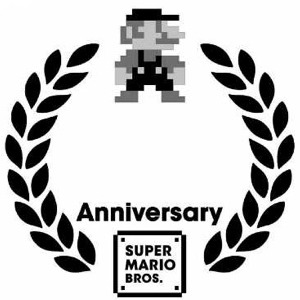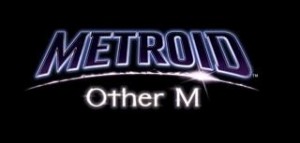 Activities will surely last for the whole of the Christmas season, but it is today that Nintendo and the world celebrate Mario 25th anniversary. That makes it a good day to start discussing writing for videogames in our workshop, a new, unknown and exciting field.
Activities will surely last for the whole of the Christmas season, but it is today that Nintendo and the world celebrate Mario 25th anniversary. That makes it a good day to start discussing writing for videogames in our workshop, a new, unknown and exciting field.
Mario is proof that you don’t need great texts or great stories to make an exciting videogame: princess kidnapped by ugly monster plus hero to the rescue are enough excuse. It’s more than others offer: the basic Pong or the classic Tetris don’t even need that much.
But what happens when our game wants to tell a story? Or when we want to tell a story through a game? (I guess it’s not the same, is it?). The answer, my friends… we’re still working on it.
Cinema was born as a Carnivàle show, and took a while to find its own language. As the technical posibilites expanded (sound, colour… and now 3D), the grammer of that language grew richer. Videogames have followed a similar process, only faster: while techonology allows high quality sounds and graphics and all kinds of control systems, interactivity in narration is stillin its infancy. Indeed it’s the most fashionable topic among professionals in the industry. There are memorable cases of great novelists hired to script games who failed miserably because they didn’t know anything about the medium they were writing for.
During the next few days we’ll start our approach to the topic.
